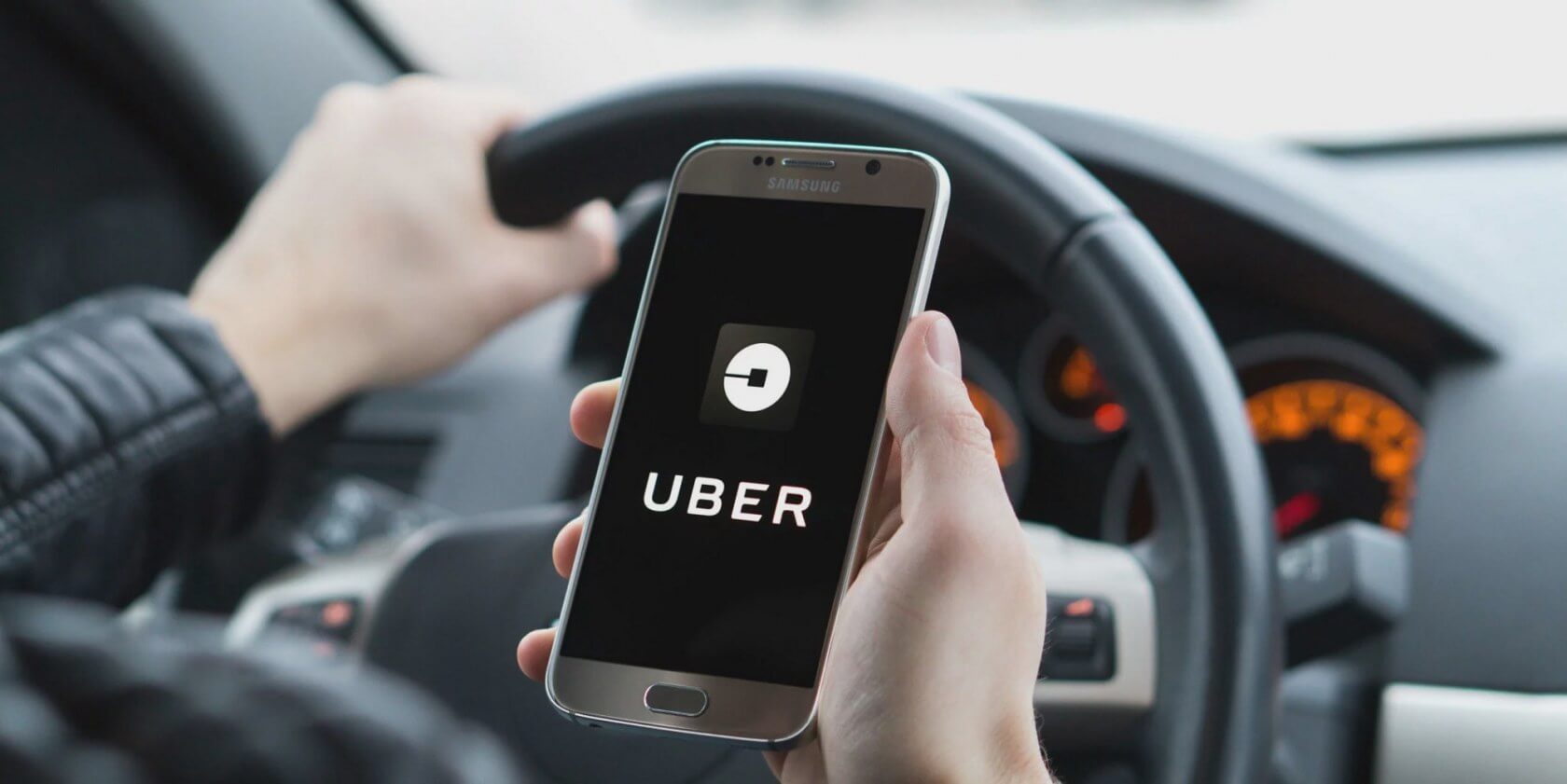In brief: Uber's difficult week has got worse after a defunct ride-hailing startup sued the company for allegedly using anticompetitive practices and predatory pricing, thereby driving competitors out of business.
Sidecar, which launched in 2012 and was the first ride-sharing app to feature estimated fares, estimated trip durations, and carpool rides, went out of business in 2015, selling its assets to General Motors. Uber launched its smartphone app in 2009, though transportation was in "black cars" and limos driven by licensed chauffers - it launched its own ride-sharing service in 2013.
Sidecar's co-founder, Sunil Paul, writes: "If Uber had won the ride-hailing market on a level playing field, we would have been disappointed, but that's something we could have lived with. That's not what happened."
Paul claims Uber used "predatory pricing" - subsidized rides and driver payments to drive Sidecar and competitors out of the market. The plan was for Uber to raise its prices once it gained a dominant market position.
Uber is also accused of using "clandestine campaigns," which involved making fake ride requests with Sidecar drivers, only to cancel them as the vehicles were on their way.
"Because drivers were matched with fraudulent requests, they would be frustrated with Sidecar and, at the same time, real passengers who were looking for legitimate rides faced longer wait times," the lawsuit reads. "That triggered a vicious cycle that undermined the ability of Sidecar's app to challenge Uber in the marketplace."
An Uber spokesperson said the ride-hailing business was a competitive one, "with many players coming and going over the years – like Sidecar, not all have survived."
"Sidecar's lawsuit has it backwards: New competitors, along with low prices, benefit consumers and reflect the exact type of competition that the antitrust laws are meant to protect," they added.
The lawsuit comes just days after Uber's IPO filing, which is set for the first quarter of next year and is expected to be one of the largest in recent times. "We believe the timing of this complaint, filed three years after Sidecar went out of business, is not a coincidence," said Uber. Paul writes that "The decision to file the lawsuit happened before the IPO announcement."
The ride-hailing market is now a duopoly consisting of Uber, which has a 70 percent share, and Lyft, which takes the remaining 30 percent.
Earlier this week, we heard that former Uber employee Robbie Miller had informed executives by email that the company's self-driving tech had issues. This happened before the crash that killed pedestrian Elaine Herzberg.
Sidecar v. Uber by on Scribd
